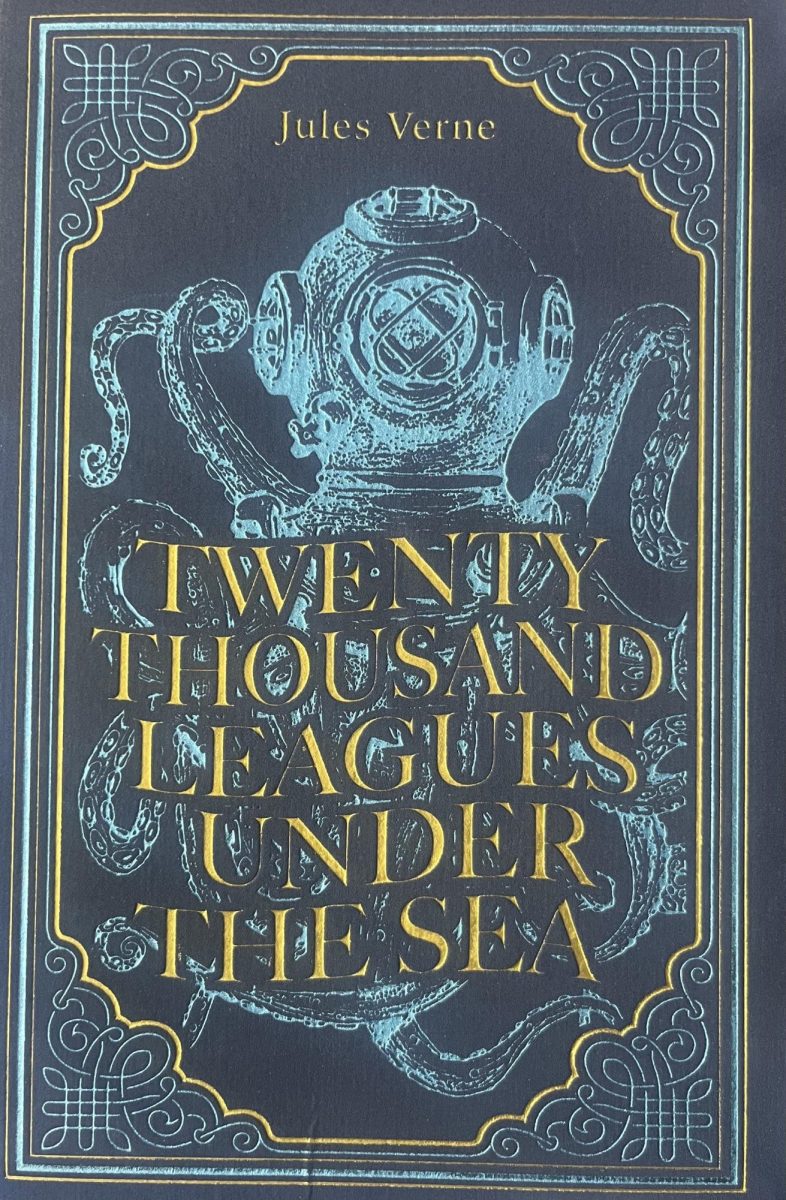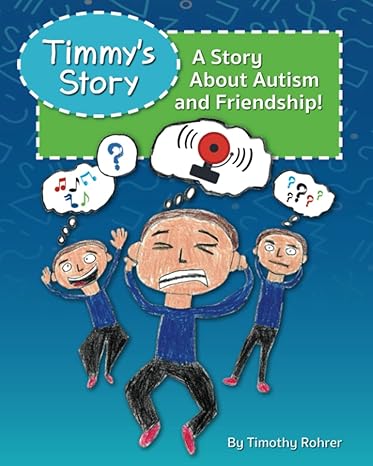The Magical World of Personality Tests… and Why They’re a Big Lie
October 19, 2020
With exception to the water flea, humans can be argued as one of the most complex species on earth. To have the ability to articulate words and have opposing thumbs, humans have a lot to distinguish against the average mammal.
Additionally, people can be further individualized from one another: we can have different abilities, hobbies, and even philosophical views. We constantly evolve and sometimes one can question their true self.
Because of this, it can be quite enticing to take personality tests in an effort to give us a clearer sense of our stronger characteristics. With the growing popularity of personality tests, such as Myers Briggs, which the New York Times has described as an “introspective self-report questionnaire indicating differing psychological preferences in how people perceive the world and make decisions,” society has gained trust in their results. But how accurate are they?
In this article, we will be covering some of the flaw’s personality tests hold and what it takes to find your true personality.
Why Personality Tests Aren’t Reliable:
First, you are not reliable. Humans are inherently biased and cause misleading results. It’s completely normal, so don’t feel too guilty.
Many factors can cause this: diction choice, interpretive meaning, and even phrasing questions unclearly can affect the way someone answers. Unfortunately, it is nearly impossible to maneuver around biases—including the ones you experience after you receive your results.
Confirmation bias influences the way people think through seeking evidence to prove (or confirm) prior values that an individual holds.
In the instance of Myers Briggs or any personality test, if one gets a certain result, they can now scan through their entire lifespan of memories to identify the characteristics they were defined as. This isn’t necessarily harmful, but it can prevent from actual evidence-based thinking toward how to authentically define one’s personality, especially due to the next point: it’s purely theoretical.
Yep, there is no evidence proving the true legitimacy of personality test results. If anything, there is more evidence arguing against it. According to a research study performed by Roman Krznaric, as many as 50 percent of subjects had a different result the second time they took the Myers Briggs test on a five-week time difference.
So how do you find your true personality?
Well, it is a matter of what you rule as personality. Is it the way you act by yourself or around others? Perhaps it can even be defined by little things such as the clothes you wear or the movie genres you enjoy? Ultimately, one personality is a wide spectrum and can’t be necessarily defined into simple terms.
Not to mention, it can be quite harmful to box yourself in to those standards from innate bias since you are a constantly changing being. It should be reminded that some things don’t need clear conclusions, and personality is one of them.
Since we are always evolving, it can be relieving to know that we can change. Being able to understand and self-reflect on your personality constantly can also give you an opportunity to learn about yourself, even daily. But in the end of it all, there is no personality test to give you an answer of who you are.


























